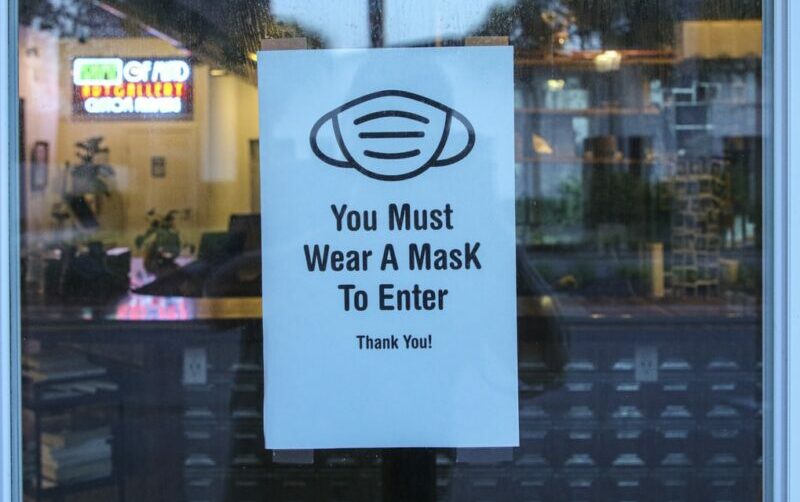The price of inequality: vaccine nationalism and the Omicron variant
December 9, 2021
Australia’s ability to move on from the pandemic has been possible by hoarding vaccines and ignoring the vast majority of the world’s population.
As the Omicron variant has the potential to unleash a powerful new wave of COVID-19 infections across the globe, wealthier countries are paying the price for “vaccine nationalism” the prioritising of their own access to vaccines at the expense of the rest of the world.
TheOmicron variant of COVID-19 was first detectedonly weeks ago. It may be more transmissibleamong younger people,more able to evade theimmunesystemandpossiblyhavegreaterresistance to existing vaccines.The spread of this variant has potentially significant ramifications as wealthier countries look to move on from the pandemic and prioritise their economic recovery fromthe disease ahead of ensuring equitable access to vaccines across the globe.
The ability of wealthier countries like Australia to attempt to move on from the pandemic has been made possiblethroughhoarding vaccines and largely ignoring the fact that for the vast majority of the worlds population the pandemic is stillraging,chieflythroughoutAfricaand low-income countries elsewhere.
According to the World Health Organization (WHO), African countries have fully vaccinated only 77 million people or 6 per cent of the continents total population with a number of states recording vaccination rates significantly lower than this headline figure.
The limited nature of the vaccine rollout inAfricacanbe attributed to a number of factors, particularly to theongoing issues with the COVAX scheme that has constantly been compromisedby wealthier countriesfailing to adequatelyresource and fund theprogram.
The COVAX scheme was created by WHO in consultation with a number of partners at the start of the COVID-19 pandemic to ensure equitable access to vaccines in low-to-middle income countries and had an initial goal of distributing 1.8 billon doses by early 2022. This initial target has been revised downwards numerous times and despite pledges of assistance from more than 30 countries the scheme looks like continuing to fail to meet these targets. Mdecins Sans Frontires also estimates that 10 high-income countries will be sitting on more than 870 million excess vaccine doses by the end of this year alone.
AlmostallAfricanand low-incomecountries have been left behinddue to thewealthier countriesprioritising of their own access to vaccinesthat has exacerbatedthe alreadypractical limitations toeffectivevaccine rolls outs in these countries.It is in the interests of these countries but also theself-interestofhigh-incomecountries to see that vaccination covers the globe. Australia has a particular interest to see high rates of vaccination in Papua New Guinea.
By leaving more than a billion people exposed to COVID-19 without protection wealthier countries are paying the price for theunequal access to vaccinesthat has defined the response toCOVID-19to this pointand allowing global public health to be compromised by short sightedness as more variants ofCOVID-19emerge. The reaction ofwealthiercountriesofshuttingtheirborders to a number of African states does nothing to address the issues that have allowed theOmicron variant to emerge among the continents mostly unvaccinated population or increase the effectiveness of the COVAX scheme.
Communicableinfectionslike COVID-19demanda global approach to public health thatalsoincludes themost vulnerable people.This approach to publichealthhas alreadybeen criticalin the fight against the HIV epidemic and highlights the importance of good governance, international cooperation and transparency. With this being even more important in controlling a lethal virus spread by inhaling aerosoland notbythesharingofbodily fluids.
Australia showed in the HIV epidemic that high quality governance was an enormous asset. Government transparency, accountability, inclusiveness and a multi partisan approach helped maintain low levels of HIV infection, saved many lives, averted much suffering and saved billions of dollars. Australia still benefits from the gains made in that approach in the early years of the HIV epidemic.It is now time that this is prioritised at a global level in the fight against COVID-19 by ensuring that lower-to-middle income countries have equitable access to vaccines going forward.
Put simply when it comes tofighting COVID-19,no one is safe until everyone is safe.

